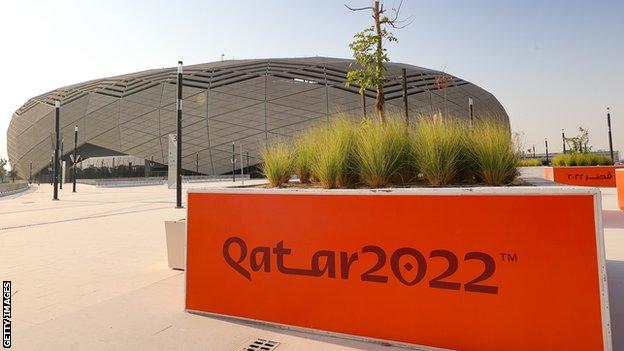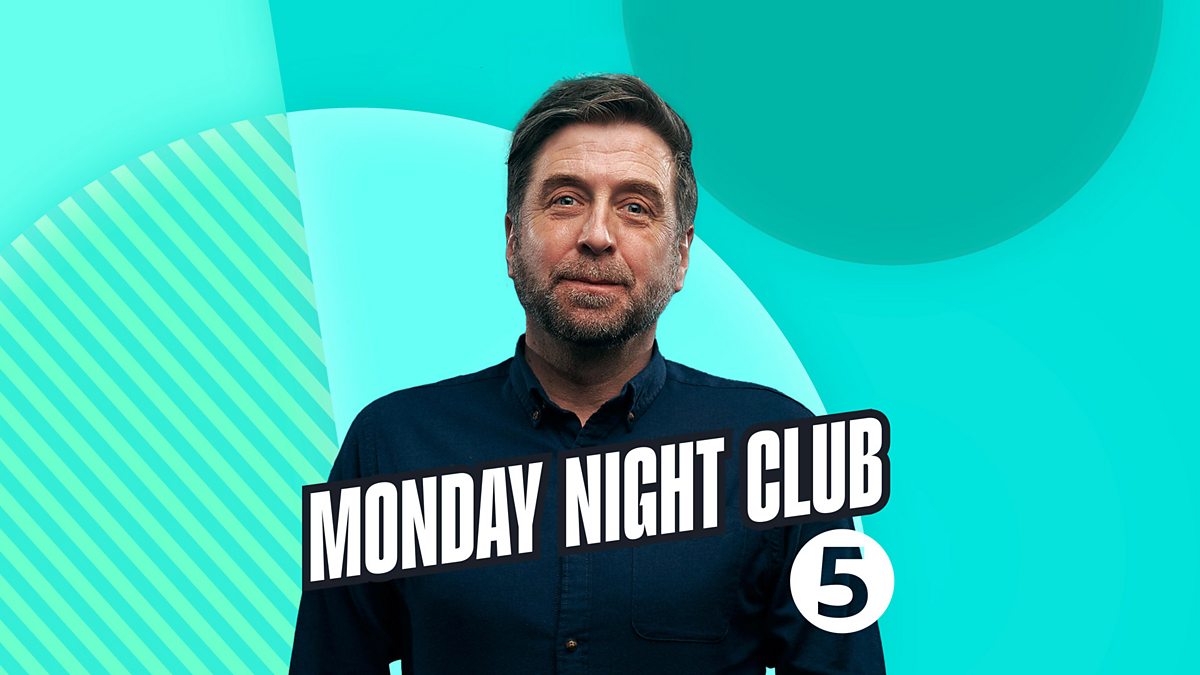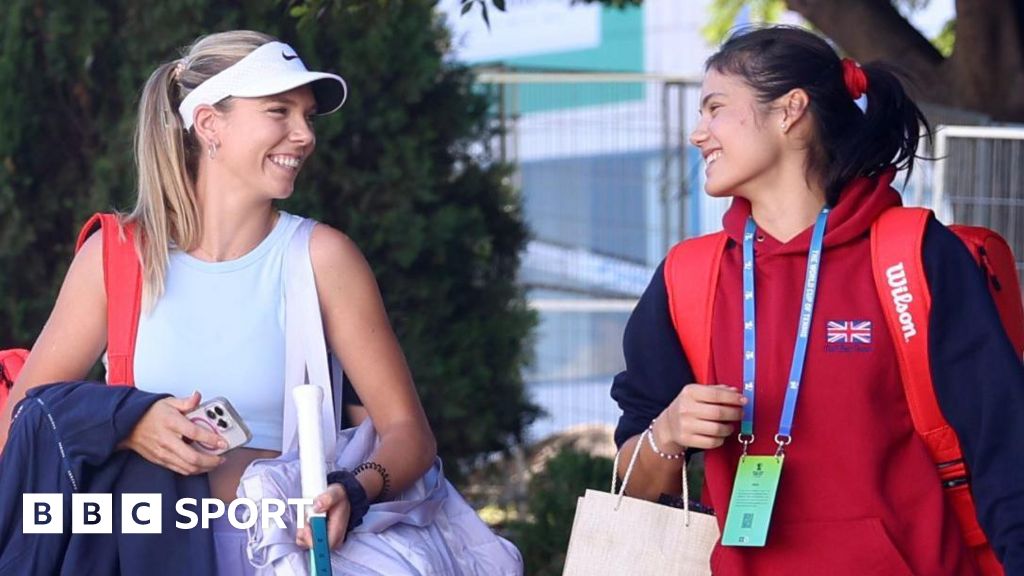ARTICLE AD BOX
 LGBTIQ+ groups say Fifa responded to the request for action but Qatar's organising committee has not
LGBTIQ+ groups say Fifa responded to the request for action but Qatar's organising committee has notLGBTIQ+ organisations engaging with Fifa over the 2022 Qatar World Cup have said "progress has been slow" and "issues of concern" remain.
The 16 groups feel reassurances over the safety of LGBTIQ+ people in the host country "have not been adequate".
They added that if safety reassurances cannot be given they would have to question if the risk facing LGBTIQ+ people wanting to attend is too high.
They also said there had been "a high level of cooperation" from Fifa.
The decision to stage the tournament in Qatar, where homosexuality is illegal, has been heavily criticised.
- Fifa World Cup Qatar 2022: Key questions answered
- How has Qatar treated stadium workers?
- The Sports Desk podcast: Qatar 2022 - a World Cup like no other
The international grouping of LGBTIQ+ organisations has presented eight action points on LGBTIQ+ rights it wants to see implemented by Fifa and the Qatari authorities before the tournament begins on 21 November.
Those measures include repealing laws and regulations which target LGBTIQ+ people and providing safety guarantees against harassment or arrest.
They have also called for appropriate training in dealing with the LGBTIQ+ community, as well as for work to continue to ensure the long-term safety of LGBTIQ+ persons in the region.
"Progress has been slow, reassurances about the safety of LGBTIQ+ people and the mechanisms in place to ensure safety have not been adequate," the groups said.
"If acknowledgement of the issues facing LGBTIQ+ people in Qatar and reassurances of safety cannot be offered, we will be forced to question if the risk facing LGBTIQ+ people wanting to attend or work at the World Cup in Qatar is too high."
They added further meetings with both Fifa and Qatar's supreme committee for organising the tournament are planned in the coming weeks "where it is hoped progress can be made".
Their requested actions are as follows:
- Repeal laws or regulations that target LGBTIQ+ people.
- Provide explicit safety guarantees for LGBTIQ+ people against harassment, arrest or detention.
- Guarantee the right of entry to Qatar for LGBTIQ+ persons planning to attend the 2022 World Cup, as well as freedom of expression for all people in the country, inside and outside stadiums.
- Provide appropriate training in dealing with the LGBTIQ+ community.
- Ensure adequate facilities in stadiums for LGBTIQ+ persons.
- Fifa and the supreme committee communicate a clear welcome to Qatar for LGBTIQ+ persons planning to attend the 2022 World Cup, as well as freedom of expression for all people in the country, inside and outside stadiums.
- Ensure that there is no censorship or ban on discussion of LGBTIQ+ issues in the local and international media or in broadcasting.
- Work with stakeholders from the international and regional LGBTIQ+ community to ensure the long-term safety of LGBTIQ+ persons in the region.
Why is the Qatar World Cup controversial?
Fatma Al-Nuaimi, communications executive director of Qatar's supreme committee, told BBC Sport in November 2021 that "everyone will be welcome" at the 2022 World Cup.
However, the controversial awarding of the tournament to Qatar has placed the spotlight firmly on the host nation's human rights record.
The country has strict anti-LGBTQ+ laws, while women's rights are also subject of ongoing debate.
Qatar's treatment of the 30,000 migrant labourers working to build the tournament's infrastructure has also drawn criticism.
In February 2021, the Guardian reported 6,500 migrant workers from India, Pakistan, Nepal, Bangladesh and Sri Lanka had died in Qatar since it won its World Cup bid - a figure Qatar disputes.
The initial decision to award Qatar the tournament prompted allegations that Fifa officials had been bribed, although an independent investigation, commissioned by Fifa, found no hard evidence of this.
Netherlands manager Louis van Gaal has suggested holding the event in the Middle Eastern country was about "money" and "commercial interests".
Meanwhile, England boss Gareth Southgate has said it would be "a great shame" that some England fans will feel they cannot attend the World Cup because they are concerned about their safety, given the rights of women and the LGBTQ+ community in Qatar.
Find out more:
- England boss Southgate unsure what World Cup boycott would achieve
- England captain Harry Kane wants to 'shine light' on Qatar issues
- Amnesty International call on England players and fans to highlight human rights concerns
- Former England captain and Qatar 2022 ambassador David Beckham urged to speak out
- Qatar workers left 'unpaid' for months

- Ask Martin Lewis Podcast: How is the government planning to tackle online scam ads?
- What is bottoming in F1? Start from a pole position with some essential jargon explanation


 2 years ago
19
2 years ago
19








 English (US)
English (US)